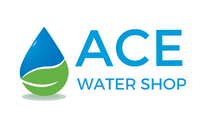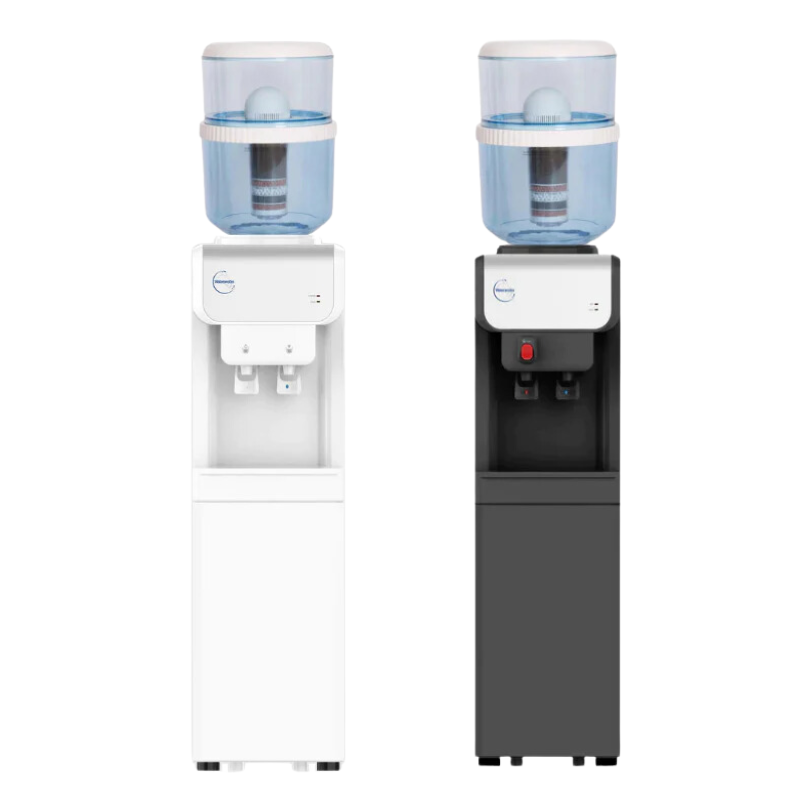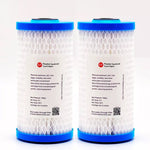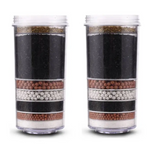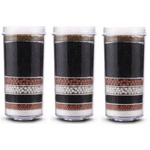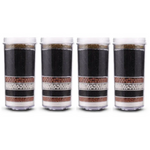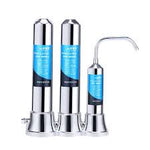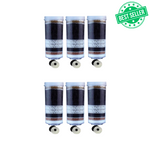You have no items in your shopping cart.
Buy Freestanding Water Coolers to Avoid These Waterborne Diseases
Water provides the ideal environment for the spread of waterborne illnesses. These diseases are more common in developing countries, where water pollution and water treatment options are less established.
Waterborne infections, on the other hand, can strike any place on the planet. The good news is that before the water enters our houses, it is treated with an appropriate disinfection solution by water delivery companies. These businesses continually monitor the water quality, and there are stringent water restrictions to minimize the spread of infectious diseases caused by dangerous germs.
Unfortunately, illness outbreaks still occur in developed countries, despite all of the measures taken. As a result, it's critical to understand which infectious diseases can be dangerous to your health and how to avoid contracting them.
WHAT IS A WATERBORNE DISEASE?
Bacteria, intestinal parasites, protozoa, viruses, and other harmful microbes are the most common causes of waterborne illnesses. Therefore these contaminants contaminate municipal water systems, putting our health at risk as they enter our homes.
Drinking contaminated water puts us at the greatest risk of acquiring a waterborne disease. There are, however, different ways to become infected. Swimming, rowing, water skiing, and other water-based recreational activities can all raise your risk of contracting an infectious disease.
COMMON WATERBORNE DISEASES
Cholera
Cholera is a life-threatening infection marked by severe diarrhea, vomiting, abdominal cramps, and dehydration. You can get this by ingesting contaminated food or water containing the Vibrio cholera bacteria. Then travelers to areas of the world with poor sanitation may bring the disease back with them.
Typhoid Fever
Typhoid fever, caused by the Salmonella typhi bacterium, is another potentially lethal infectious condition. Headache, constipation, diarrhea, fever, vomiting, nausea, abdominal rash, and loss of appetite are symptoms of Typhoid fever. According to the NHS website, this contagious disease is uncommon in the United Kingdom, with only 500 cases reported each year. Most patients contracted when visiting countries such as India, Bangladesh, or Pakistan.
Cryptosporidiosis
Cryptosporidium, a tiny parasite, causes cryptosporidiosis. Diarrhea and stomach pain are symptoms of the condition. In fact, in the United Kingdom, Cryptosporidium is one of the most common causes of waterborne illness. The parasite can live in an infected person's small intestine and survive outside the host body for long periods, thanks to its outer shell. Its outer shell also renders it resistant to chlorine-based disinfectants, which is why water treatment with chlorine may not always be enough to eliminate the parasite.
Hepatitis A
The hepatitis A virus spreads through eating contaminated food, drinking contaminated water, or coming into touch with an infected person. Fever, jaundice, chills, black urine, and abdominal discomfort are all symptoms of the condition. This disease is also more prevalent in regions with poor sanitation and hygiene.
Giardiasis
Giardiasis is an infectious disease caused by the parasites Giardia lambia or Giardia duodenalis. As a result, it causes diarrhea, indigestion, weariness, dehydration, vomiting, slight fever, loss of appetite, and bloating as symptoms of the infection. According to the NHS website, there are 3500 diagnoses of Giardiasis each year, with one-quarter of these cases contracted abroad. Giardia, like Cryptosporidium. Then, it has an outer shell that protects it from chlorine and allows it to survive outside of a host body for lengthy periods.
Campylobacteriosis
Campylobacteriosis, caused by the Campylobacter bacterium, is one of the most common causes of gastroenterological diseases worldwide. The infection spreads through undercooked meat and milk, as well as bacterially tainted water. Diarrhea (frequently bloody), fever, nausea, vomiting, and stomach pain are symptoms. Although the infection is rarely fatal, it poses a risk to extremely young children.
Amoebiasis
Amoebiasis is a parasitic infection that primarily affects persons who live in tropical locations with poor sanitation. It's caused by the parasite Entamoeba histolytica. It spreads by coming into contact with an infected person or drinking or eating feces-contaminated water or food. As a result, it causes diarrhea, bloody stool, occasional fever, lethargy, and weight loss as symptoms of amoebiasis.
Shigellosis
Shigellosis is another Shigella-related waterborne infectious illness. Because the disease easily transmits to others, adequate sanitation is critical in preventing its spread. Fever, stomach cramps, and diarrhea are some of the symptoms that patients with the condition experience. Shigellosis that isn't difficult normally clears itself in 5 to 7 days without any therapy.
Viral Gastroenteritis
Viral gastroenteritis is a stomach and intestinal infection caused by various viruses such as rotavirus or norovirus. It's a highly contagious disease spread by water or direct touch between people. Vomiting and diarrhea are common symptoms. Experts encourage patients to relax and drink plenty of fluids because there is no specific treatment for this sickness.
E-Coli Infection
The bacterium Escherichia coli is present in the digestive tracts of humans and animals. Some E. coli strains are harmless, while others can cause various illnesses such as urinary tract infections, gastrointestinal problems, anemia, and even kidney failure. E. coli spreads by undercooked meat, dairy products, and E. coli-contaminated water. Because E. coli is a chlorine-resistant bacterium, it's usually present in municipal water supplies.
BUY FREESTANDING WATER COOLERS TO AVOID THESE WATERBORNE DISEASES
The good news is that being cautious increases your chances of avoiding infection by harmful pollutants. Some conditions (such as Cholera, Typhoid fever, and Hepatitis A) can be averted through vaccination, while you can prevent others by paying additional attention to hygiene and safety standards and guidelines.
One of the best ways to keep you and your family safe from waterborne diseases is by filtering the water you drink and use. You can buy freestanding water coolers with built-in water filters like the ones we offer here at Ace Water Shops. Our water cooler bottles have 8-stage or 7-stage water filters that use different water filters like activated carbon, activated alumina, KDF, and more.
Here are some helpful hints for keeping your health safe from disease-causing water contaminants:
- Avoid consuming water from unreliable sources.
- Ensure that any cuts or abrasions on your body do not contact tainted or untrustworthy water.
- If at all possible, avoid water-based activities in countries with a high rate of water contamination.
- If your water supplier or local water authority issues a boil water alert, please make sure you follow it and boil your water before drinking it.
- Whether you're traveling to a country with a significant risk of developing waterborne diseases, you should always be vaccinated to avoid becoming infected. Stick to bottled water and double-check that the water you drink and use daily is properly sealed and is safe to consume.
- If you're going to an off-grid location without access to clean drinking water, pack your water sanitizing equipment that can effectively remove toxins from contaminated water.
- Always test your water and invest in a professional water filter system that can offer you safe-to-drink and freshly filtered water.
- If you see any contamination in your drinking water, notify your municipal water provider right away.
FINAL THOUGHTS
Municipal water suppliers in industrialized countries like Australia have to follow strict water safety laws to avoid contamination. So, the issue is that chlorination and other basic water treatment procedures do not completely eradicate all microbes. Water pipes that are old or faulty, seepage, improper water filter maintenance, or a lack of basic cleanliness can quickly spread infectious diseases. Therefore you should always pay attention to the quality of the water you consume.
You'll find a comprehensive choice of professional water filtration systems from industry-leading manufacturing businesses at Ace Water Shops. Please feel free to browse our website and don't hesitate to contact one of our water filtration experts for assistance and answers to your queries!
